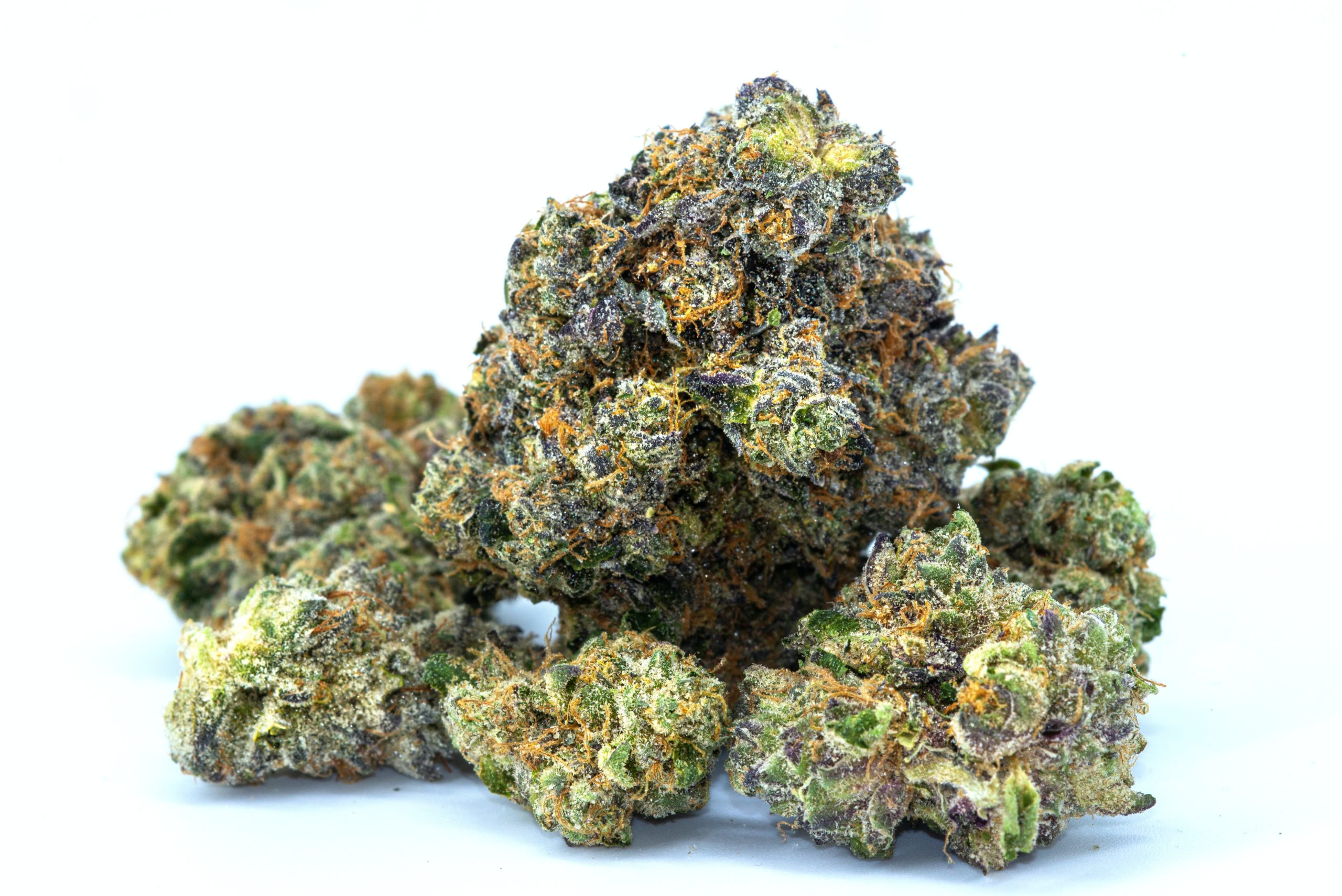Ocean-Friendly Cannabis: Balancing Coastal Conservation and Cultivation
As the cannabis industry gains momentum, a crucial question arises: how can cultivation practices align with environmental sustainability, especially in coastal regions? Ocean-Friendly Cannabis: Balancing Coastal Conservation and Cultivation takes center stage in this discourse, presenting innovative solutions that prioritize both cannabis growth and the delicate coastal ecosystems.
Ocean-Friendly Cannabis: Innovating for Coastal Sustainability
Safeguarding coastal ecosystems while cultivating cannabis presents a unique challenge. However, the ingenuity of the industry has led to promising innovations that address this challenge head-on. Let’s delve into the strategies that are shaping the future of sustainable cannabis cultivation along our coasts.
Smart Water Management: Nurturing with Precision
The intelligent use of water resources is vital for coastal cannabis cultivation. Smart water management systems utilize real-time data to deliver precise amounts of water to plants. By avoiding water waste and preventing over-irrigation, these systems contribute to efficient cultivation practices that minimize the strain on coastal water sources.
Renewable Energy Integration: Powering Sustainability
Coastal areas are known for their abundant sunlight and wind resources. By integrating solar panels and wind turbines into cultivation facilities, the cannabis industry can tap into clean energy sources. This approach not only reduces the carbon footprint but also ensures a resilient energy supply for coastal cannabis operations.
Vertical Cultivation: Reaching New Heights Sustainably
Coastal regions often face land scarcity, making vertical cultivation an appealing option. This technique involves stacking plants in vertical layers, maximizing space utilization. By reducing the need for expansive plots, vertical cultivation minimizes land disruption while providing a controlled environment that can withstand coastal conditions.
Closed-Loop Systems: Sustaining the Ecosystem
Closed-loop systems exemplify the circular economy concept within cannabis cultivation. These systems recycle water, nutrients, and other inputs, creating a self-sustaining cycle that minimizes waste. By nurturing a closed-loop ecosystem, coastal cannabis cultivation minimizes its ecological impact while promoting resource efficiency.
Eco-Conscious Packaging: Preserving the Coastline
Sustainability extends beyond cultivation to packaging. Eco-conscious packaging solutions, such as biodegradable materials, are gaining prominence. These choices reduce plastic waste and contribute to the health of coastal ecosystems, aligning with the principles of ocean-friendly cannabis.
Community Engagement: Fostering Relations
A key aspect of sustainable cannabis cultivation is community engagement. Coastal communities can be partners in conservation efforts. Initiatives that involve local residents create a mutually beneficial relationship, ensuring that cannabis cultivation contributes positively to the coastal ecosystem and its inhabitants.
Data-Driven Insights: Growing Smartly
Data-driven cultivation practices optimize resource allocation and crop health. Advanced analytics and machine learning offer insights into growth patterns, enabling cultivators to make informed decisions. By minimizing resource wastage and maximizing efficiency, coastal cannabis cultivators are contributing to sustainable practices.
Regenerative Farming: Rejuvenating the Coast
Regenerative farming practices prioritize soil health and biodiversity. By mimicking natural processes, cannabis cultivators can enhance the coastal environment while nurturing their crops. This approach restores balance to the ecosystem and creates a harmonious cycle of cultivation and conservation.
Climate-Resilient Strains: Adapting to Change
Coastal climates can be unpredictable due to climate change. Climate-resilient cannabis strains are engineered to withstand varying conditions, reducing the need for resource-intensive interventions. By cultivating adaptable strains, the cannabis industry ensures consistent yields without compromising sustainability.
Greenhouse Innovations: Controlled Growth, Minimal Impact
Greenhouses offer a controlled environment that safeguards cannabis from coastal weather extremes. These structures maximize sunlight exposure while protecting plants from harsh conditions. By fine-tuning the growing environment, coastal cannabis cultivators achieve higher yields while maintaining a small ecological footprint.
Marine Inspiration: Learning from the Ocean
Coastal cannabis cultivation can draw inspiration from marine ecosystems. Techniques like aquaponics and seaweed cultivation highlight efficient nutrient cycling. By emulating these natural processes, the cannabis industry can develop practices that work in harmony with the coastal environment.
FAQs
Q: Is ocean-friendly cannabis cultivation feasible?
A: Yes, innovative practices enable cannabis cultivation while preserving coastal ecosystems.
Q: How does vertical cultivation contribute to sustainability?
A: Vertical cultivation optimizes space, conserves land, and provides a controlled environment for coastal cannabis growth.
Q: Can renewable energy be harnessed for coastal cannabis cultivation?
A: Yes, integrating solar and wind power reduces the carbon footprint and ensures a sustainable energy source.
Q: How do closed-loop systems support sustainability?
A: Closed-loop systems recycle water and nutrients, reducing waste and minimizing the need for external inputs.
Q: Are eco-conscious packaging solutions practical for cannabis?
A: Absolutely, eco-friendly packaging reduces plastic waste and aligns with sustainable principles, benefitting both cannabis and coastal environments.
Q: How does community engagement impact coastal cannabis cultivation?
A: Community engagement initiatives foster positive relationships and ensure that cannabis growth aligns with local values and conservation efforts.
Conclusion
Ocean-Friendly Cannabis: Balancing Coastal Conservation and Cultivation represents a paradigm shift in the cannabis industry. By embracing sustainable innovations, cultivators are demonstrating their commitment to both cannabis growth and coastal conservation. The path toward ocean-friendly cannabis involves collaboration, technology, and an unwavering dedication to preserving the delicate balance of our coastal ecosystems.

